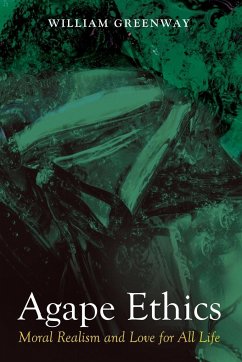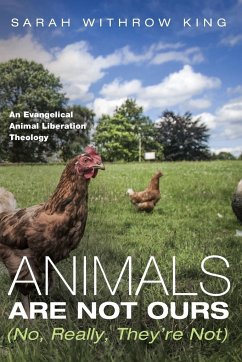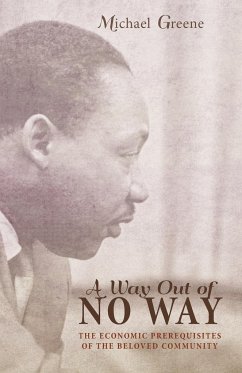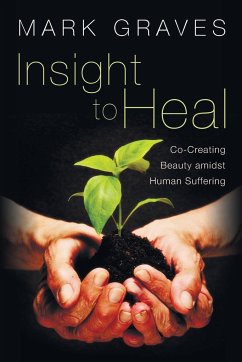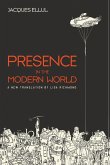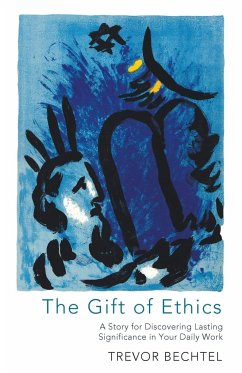Consider intense moments when you have been seized by joy or, in different contexts, by anguish for another person, or a cat or dog, or perhaps even for a squirrel or possum struck as it dashed across the road: whether glorious or haunting, these are among the most profound and meaningful moments in our lives. Agape Ethics focuses our attention on such moments with utter seriousness and argues they reveal a spiritual reality, the reality of agape. Powerful streams of modern Western rationality reject the idea of agape. This has created a crisis of foundations in modern ethics and alienated us from love for all creatures. Working wholly within the bounds of reason, Agape Ethics joins an increasingly vibrant struggle to legitimate the spiritual reality of agape, to awaken people to its power, to clarify its ethical implications, and to validate our spiritual communion with all creatures in all creation. The result is a powerful, inclusive, and wholly reasonable defense of moral realism that should speak to all who are passionate about creating a maximally loving and good world.
Hinweis: Dieser Artikel kann nur an eine deutsche Lieferadresse ausgeliefert werden.
Hinweis: Dieser Artikel kann nur an eine deutsche Lieferadresse ausgeliefert werden.

